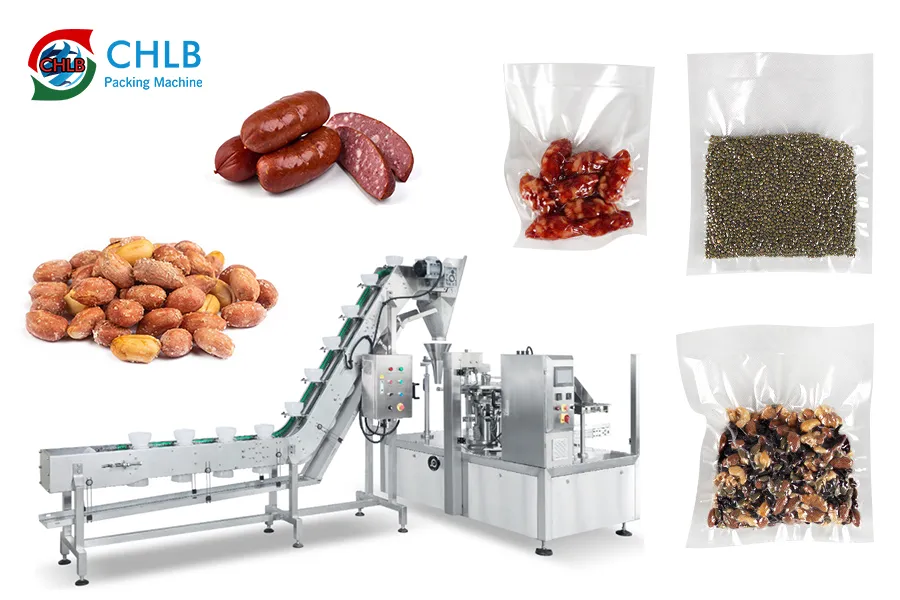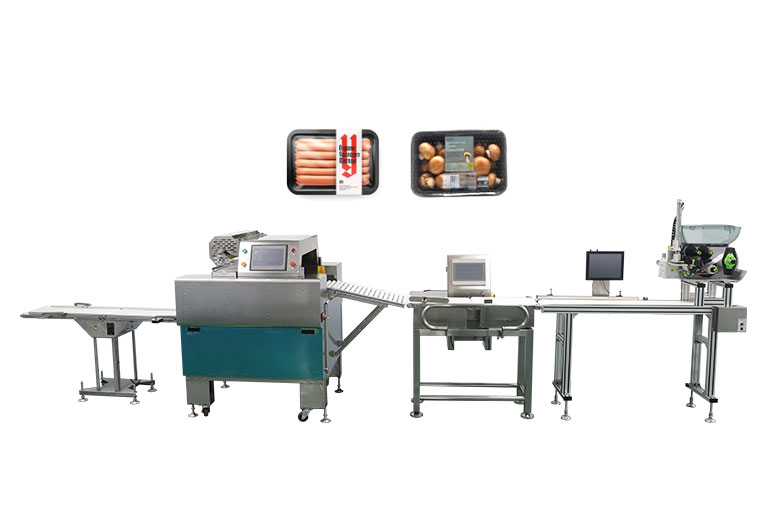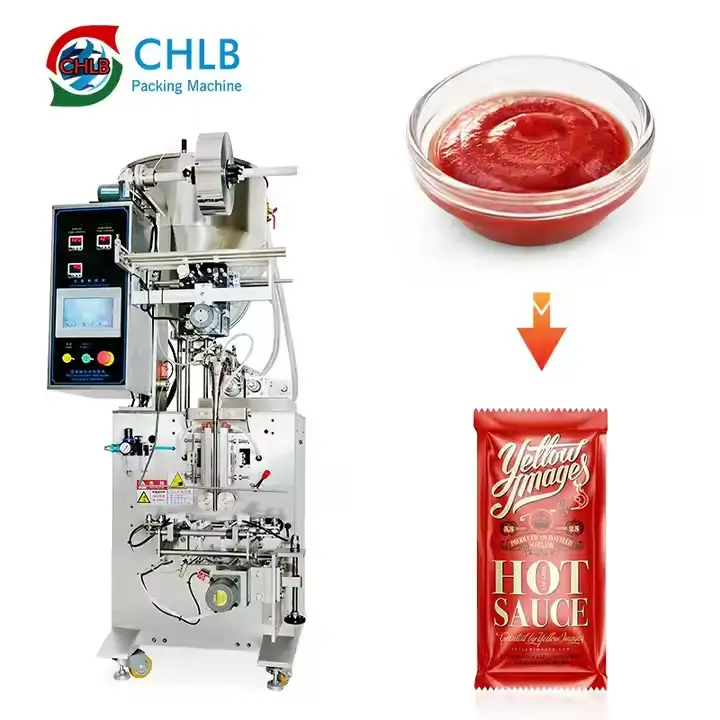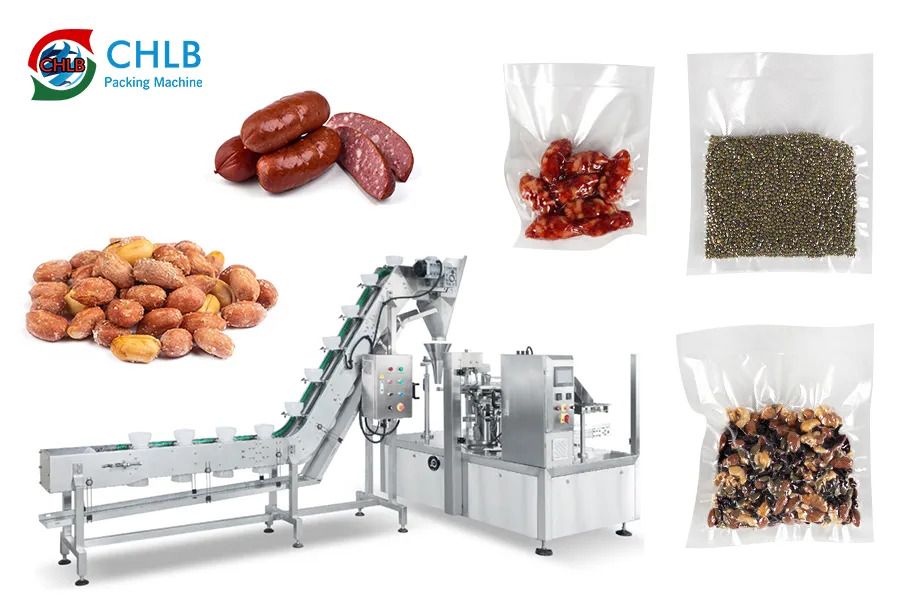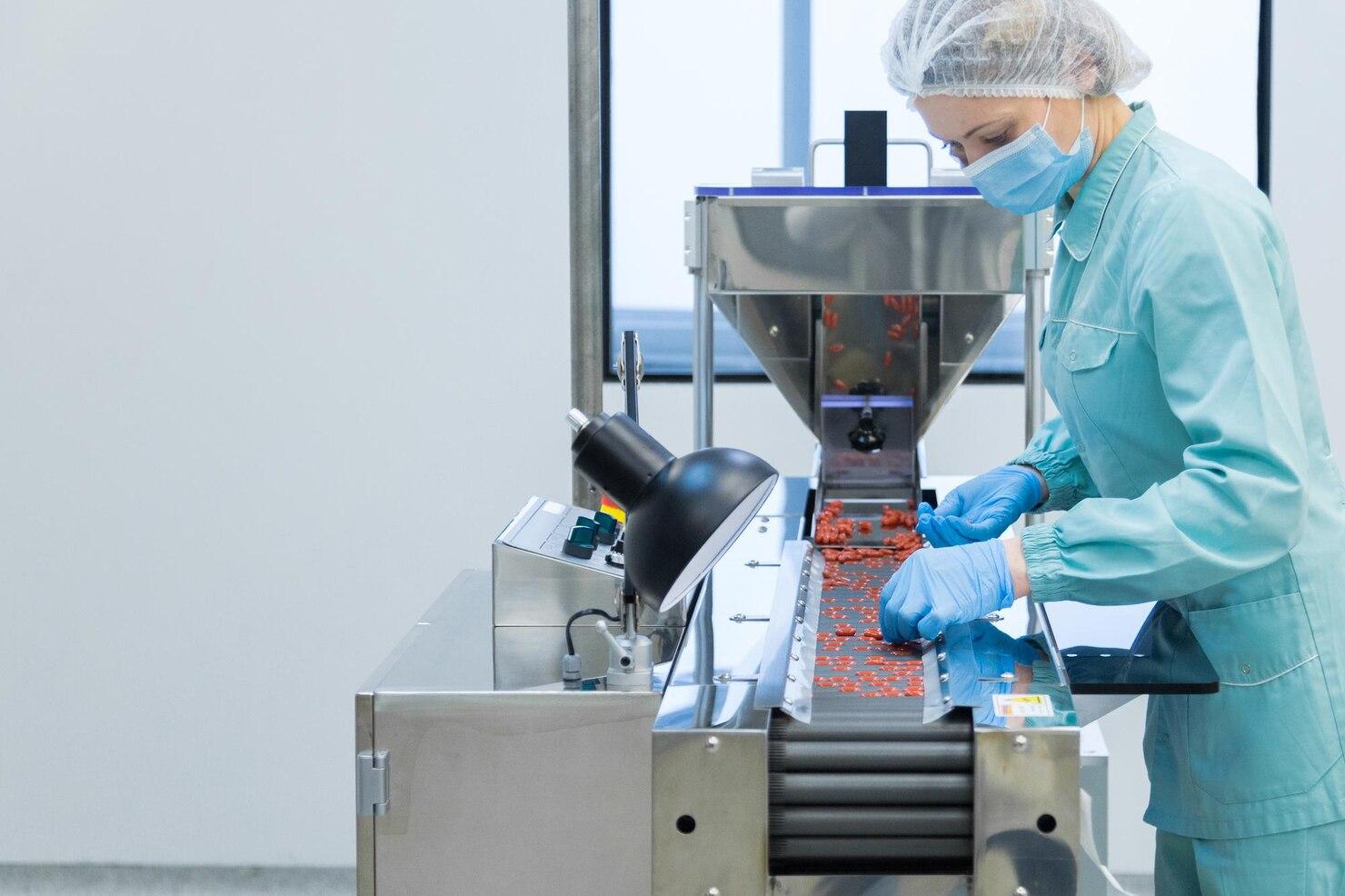Frozen food packaging is vital for preserving, protecting, and marketing a wide array of food products. From fruits and vegetables to meat, seafood, and convenience foods, packaging plays a key role in maintaining quality and safety. In this guide, we will explore the importance of frozen food packaging, types available, key considerations, and steps for custom packaging for small businesses. Dive into the world of frozen food packaging with us.
Why Packaging for Frozen Foods?
Packaging for frozen foods is crucial for freshness, protection, convenience, safety, and marketing, ensuring quality and appeal in the food industry.
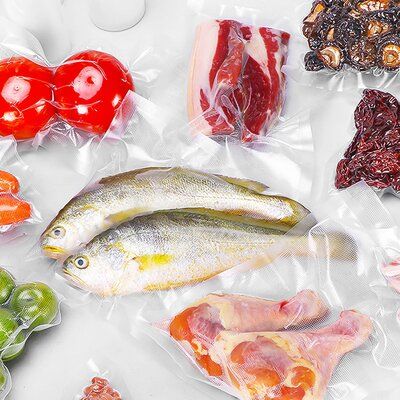
Preservation
One of the primary reasons for packaging frozen foods is preservation. Proper packaging helps to maintain the quality, flavor, and nutrients of the food products over an extended period. It prevents freezer burn and freezer odors from affecting the taste and texture of the food.
Protection
Frozen food packaging provides protection against external elements such as moisture, light, and air, which can degrade the quality of the food. It also prevents contamination and spoilage, ensuring that the food remains safe for consumption.
Convenience
Packaging plays a crucial role in providing convenience to consumers. It allows for portion control, easy storage, and effortless reheating of frozen food products. Convenient packaging designs can enhance the overall user experience and satisfaction.
Safety
Packaging for frozen foods ensures safety by providing a barrier against harmful bacteria and contaminants. It also keeps the food products secure during transportation and handling, reducing the risk of contamination or spoilage.
Marketing
Packaging serves as a tool for marketing and branding frozen food products. Eye-catching designs, logos, and labels can attract consumers and communicate essential information such as ingredients, nutritional value, and cooking instructions. Well-designed packaging can help differentiate products on the shelves and boost sales.
What Food Products Are Typically Frozen?
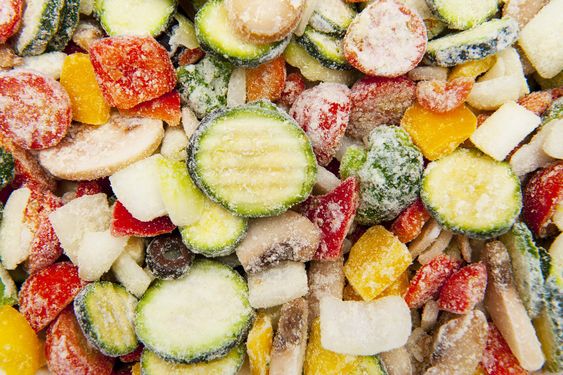
Fruits and Vegetables
A wide variety of fruits and vegetables are frozen to preserve their freshness and nutrients. From berries and mangoes to peas and corn, frozen fruits and vegetables offer convenience and year-round availability.
Meat and Poultry
Meat and poultry products such as chicken, beef, pork, and turkey are commonly frozen for long-term storage. Proper packaging helps to maintain the quality and flavor of these protein-rich foods.
Seafood
Fish, shrimp, scallops, and other seafood are often frozen to extend their shelf life and preserve their delicate textures. Packaging plays a vital role in protecting seafood from freezer burn and contamination.
Prepared Meals
Frozen prepared meals, including lasagnas, stir-fries, and soups, offer convenience and quick meal solutions. Packaging for these meals should ensure that they can be reheated safely and retain their flavors.
Baked Goods
Cookies, cakes, pastries, and bread are often frozen to prolong their freshness. Packaging for baked goods should provide a barrier against moisture and air to prevent staleness.
Dairy Products
Ice cream, cheese, butter, and yogurt are commonly frozen dairy products. Proper packaging helps to maintain the texture and taste of these products while preventing freezer burn.
Ice Cream and Frozen Desserts
A favorite treat for many, ice cream and frozen desserts require packaging that can withstand low temperatures and prevent crystallization. Eye-catching packaging designs can attract customers and enhance the product’s appeal.
Convenience Foods
Frozen convenience foods such as pizzas, burritos, and nuggets offer quick and easy meal options. Packaging for these foods should ensure that they can be cooked or reheated conveniently.
Types of Frozen Food Packaging
The following are various types of frozen food packaging which offers different benefits such as durability, convenience, and sustainability to meet the diverse needs of frozen food products.
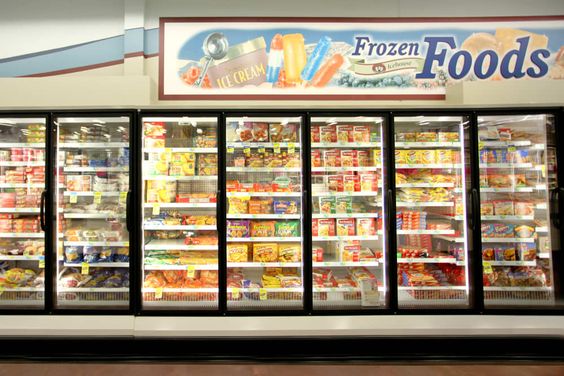
Flexible Plastic Pouches
Flexible plastic pouches are lightweight, durable, and versatile packaging options for frozen foods. They are easy to store, carry, and open, making them ideal for single-serve portions.
Cardboard Boxes
Cardboard boxes provide sturdy packaging for frozen foods and are commonly used for shipping and storage. They can be customized with branding and labeling to attract customers.
Aluminum Foil Containers
Aluminum foil containers are heat-resistant, recyclable, and suitable for oven and microwave use. They are ideal for frozen meals that require reheating.
Rigid Plastic Containers
Rigid plastic containers offer durability and protection for frozen foods. They come in various shapes and sizes, making them suitable for a wide range of products.
Vacuum-Sealed Bags
Vacuum-sealed bags help to extend the shelf life of frozen foods by removing air and preventing oxidation. Frozen food packaging bags are ideal for products that require long-term storage.
Plastic Trays with Plastic Film
Plastic trays with plastic film provide a barrier against moisture and air, maintaining the freshness of frozen foods. They are commonly used for pre-packaged meals and snacks.
Stand-Up Pouches
Stand-up pouches are convenient packaging options that stand upright on store shelves. They are lightweight, portable, and customizable, making them ideal for on-the-go consumption.
Ziploc Bags
Ziploc bags are resealable and reusable packaging solutions for frozen foods. They are convenient for portion control and storage in the freezer.
Paperboard Cartons
Paperboard cartons are sustainable packaging options made from recyclable materials. They are lightweight, eco-friendly, and suitable for a variety of frozen food products.
Key Considerations When Choosing Frozen Food Packaging
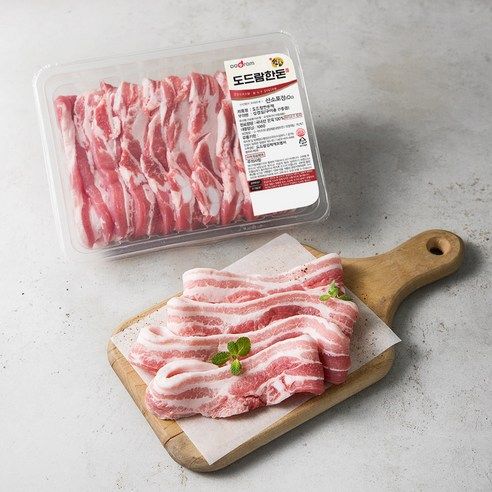
Oxygen Barrier Properties
Packaging with excellent oxygen barrier properties helps to prevent oxidation, which can lead to off-flavors and spoilage of frozen foods. It is essential for maintaining the quality and shelf life of products.
Moisture Resistance
Packaging that offers moisture resistance is crucial for preventing freezer burn and maintaining the texture of frozen foods. It should protect against condensation and ice formation.
Freezer-Safe Materials
Choosing freezer-safe materials is essential to ensure that packaging can withstand low temperatures without cracking or becoming brittle. It should be durable and flexible to accommodate freezing and thawing.
Environmental Impact
Considering the environmental impact of packaging is vital in today’s eco-conscious world. Opting for sustainable and recyclable materials can reduce waste and minimize the carbon footprint of frozen food products.
Microwavable Convenience
Packaging that is microwave-safe and convenient for reheating is preferred by consumers looking for quick meal solutions. It should allow for easy cooking and storage, enhancing the overall user experience.
Cost
Balancing cost considerations with packaging quality is essential for small businesses. Opting for cost-effective yet durable packaging solutions can help reduce expenses while ensuring product integrity.
Steps to Custom Frozen Food Packaging for Small Business
1. Define Your Packaging Requirements
Begin by identifying your specific packaging needs, including product compatibility, size, design, and branding requirements. Consider the storage conditions, consumer preferences, and budget constraints.
2. Research a Packaging Manufacturer
Explore different packaging manufacturers and suppliers to find a partner that can meet your requirements. Look for expertise in frozen food packaging, quality certifications, customer reviews, and cost-effective solutions.
3. Develop a Packaging Concept
Work with designers and packaging experts to develop a concept that aligns with your brand identity and product offerings. Consider visual appeal, functionality, sustainability, and regulatory compliance in the design process.
4. Select Packaging Materials
Choose suitable packaging materials based on the type of frozen food products you offer. Consider factors such as moisture resistance, freezer-safe properties, microwave compatibility, and recyclability.
5. Evaluate Cost Considerations
Compare pricing options from different suppliers to determine the most cost-effective packaging solutions for your small business. Look for volume discounts, material savings, and packaging efficiency to optimize costs.
6. Test the Packaging
Conduct thorough testing of the packaging to ensure its compatibility with frozen food products. Evaluate its performance in freezing, storage, transportation, and handling to identify any potential issues or improvements.
7. Place an Order
Once you are satisfied with the packaging design and performance, place an order with the chosen manufacturer. Ensure clear communication, timely delivery, and quality assurance to launch your custom frozen food packaging successfully.
CHLB: Offer the High-Quality Food Packaging Machine
As a professional packing machine manufacturer, CHLB offers a range of high-quality frozen food packaging machines designed to meet the specific needs of the frozen food industry. The following are several machine of CHLB.
Pre-made Pouch Filling Machine
CHLB offers pre-made pouch filling machines that are efficient, reliable, and customizable for various frozen food products. These machines can fill and seal pouches with precision and speed, ensuring product integrity and efficiency.
Cling Film Packaging Machine
The cling film packaging machine from CHLB is ideal for wrapping frozen foods securely and conveniently. It provides a tight seal to prevent leaks and contamination, enhancing the freshness and shelf life of products.
Shrink Wrap Machine
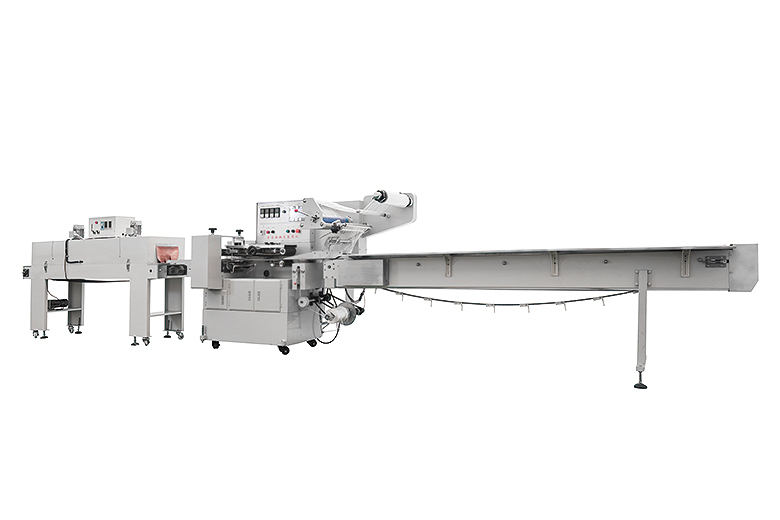
CHLB’s shrink wrap machine is designed for packaging frozen foods in shrink film for protection and presentation. It allows for quick and uniform wrapping, making products look appealing and professional on the shelves.
Conclusion
In conclusion, frozen food packaging plays a critical role in preserving, protecting, and promoting a wide range of food products. Whether you are a consumer looking for convenient frozen meals or a small business seeking custom packaging solutions, partnering with experts like CHLB can help you achieve high-quality and efficient packaging for your frozen foods. So, embrace the world of frozen food packaging and elevate your products to new heights of success and satisfaction.

